Working together to tackle the world's problems
UCL’s annual economic impact comparable to London 2012 Olympics
Key findings of the report:
- UCL generated £9.9bn of economic impact across the UK in 2018/19 – comparable every year to the trade boost delivered by the 2012 London Olympics
- For every pound spent by UCL, £5.90 was generated in economic benefit
- UCL’s research and knowledge exchange provides its largest economic impact, £4.1bn across the UK economy in 2018/19
- The economic impact generated by UCL’s teaching and learning activities was £990 million in 2018/19
- The economic contribution generated by international students in the UCL 2018/19 cohort amounts amounted to £1.7bn in 2018/19
- The £1.6bn total expenditure on UCL activities in 2018/19 generated a total economic benefit of over £3bn
- UCL’s spending supported a total of 19,075 jobs across the UK economy in 2018/19
Find out more:
- UCL News article
- Economic and Social Impact of UCL - Summary
- Economic and Social Impact of UCL - Final Report
- London Economics
Work continues on new world-class facility to fight neurological disorders
Work continued at pace on our ground-breaking programme to create the world’s leading translational neuroscience centre. A new landmark facility at 256 Grays Inn Road will support our existing facilities at Queen Square to create one of the leading translational neuroscience centres in the world.
In early 2022, we reached the deepest point of the building's excavations at 16 metres below ground burying a time capsule in the depths of the building, including a range of objects that tell the story of the centre’s foundation, including a book of testimonials, a selection of commonly used lab items in 2022, a COVID vaccine vial and research image photographs from early career researchers and students.
Scheduled for completion in 2024, this new facility is a partnership between UCL Queen Square Institute of Neurology, the UK Dementia Research Institute and UCLH National Hospital for Neurology and Neurosurgery. It will serve to support UCL research into breakthrough treatments to fight neurological diseases, like dementia, now the world’s leading cause of disability. We are investing in innovation and collaboration, using cutting-edge technology, shared laboratory space, equipment and central services to create new and more efficient ways of working and bringing research scientists, clinicians and patients under one roof together to enable an active dialogue between individuals with neurological diseases, their doctors and researchers.
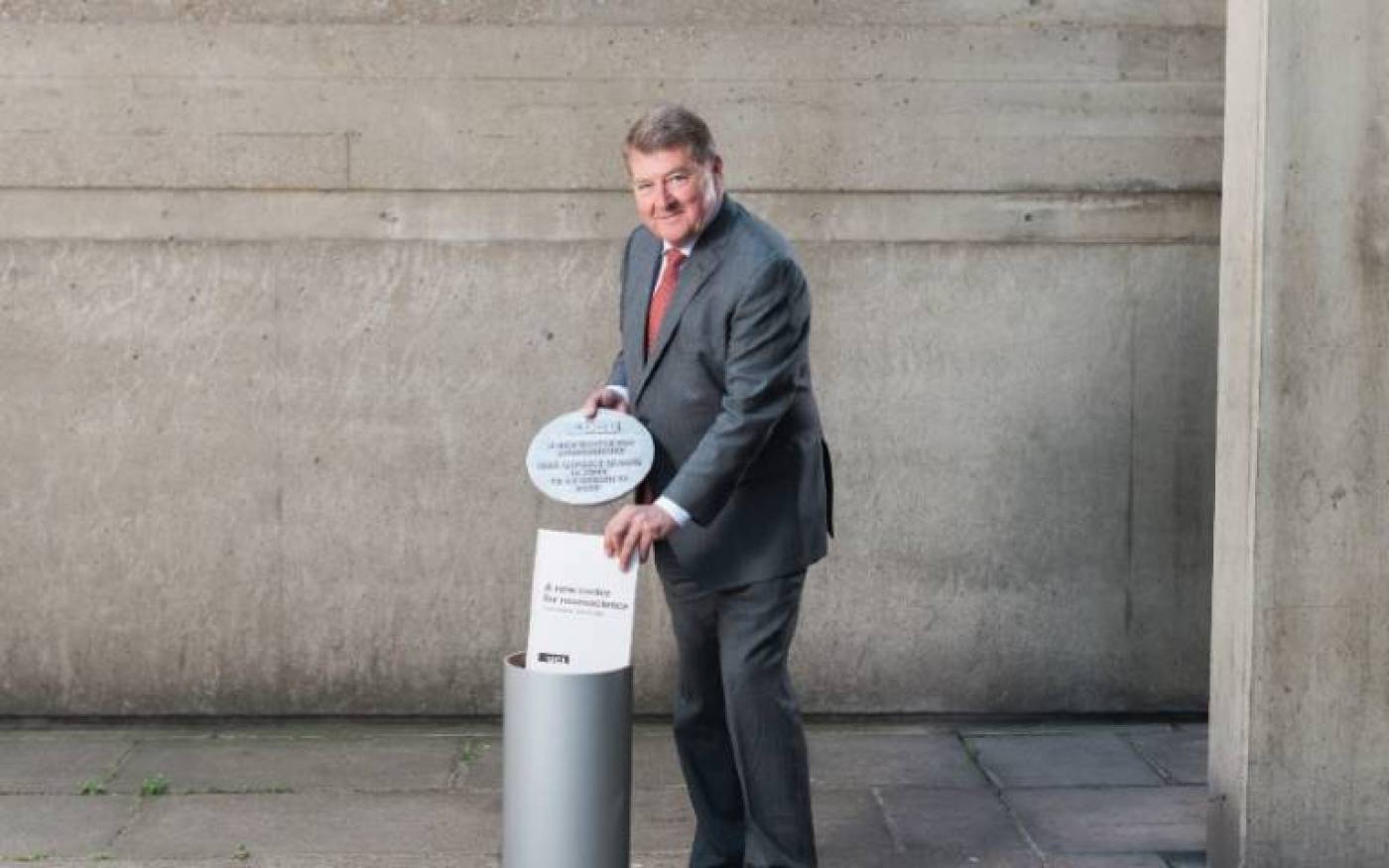
Professor Alan Thompson, ION-DRI Programme Sponsor and Dean, Faculty of Brain Sciences with the time capsule (credit: James Tye)
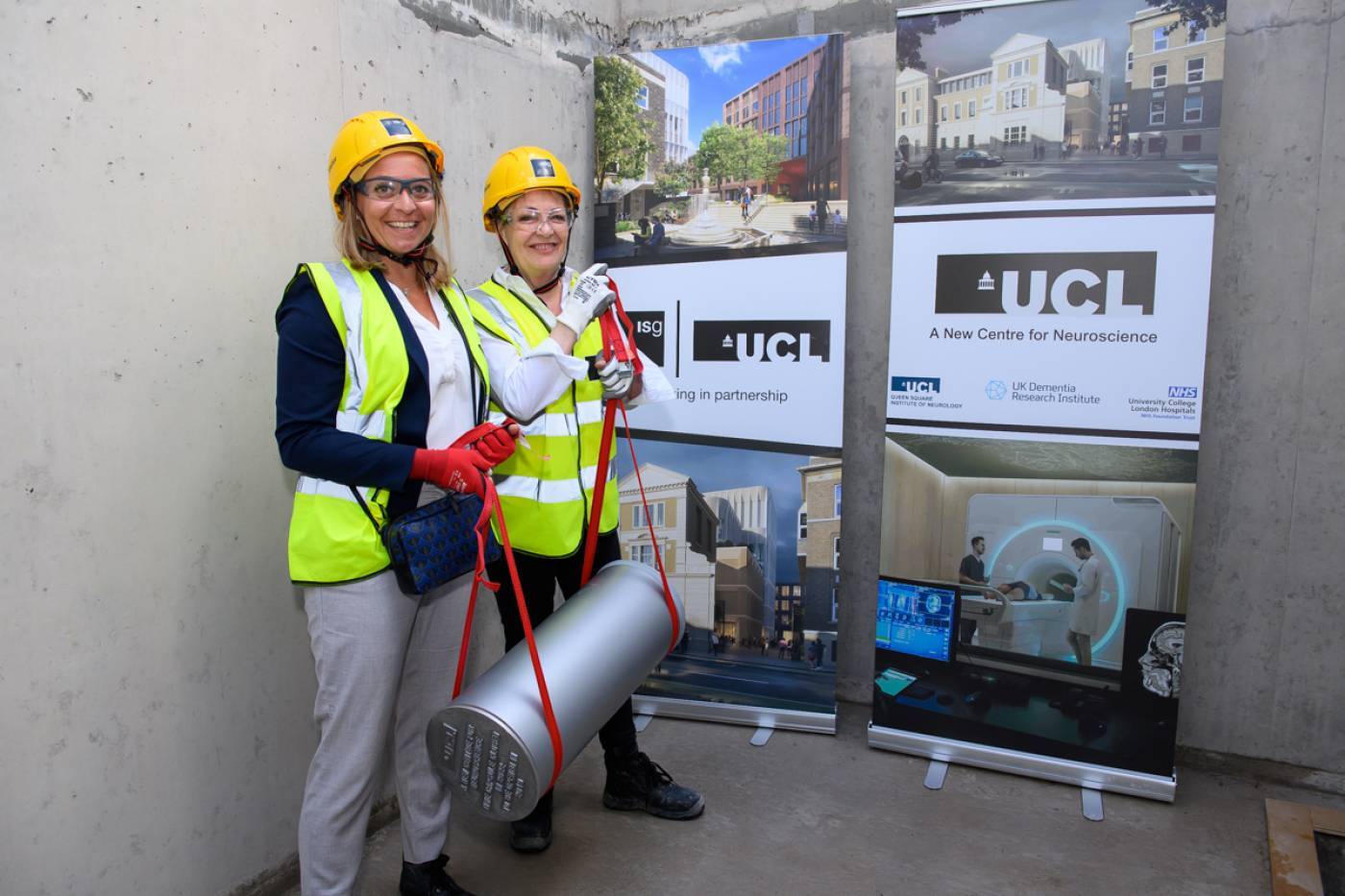
Queen Square Institute of Neurology Manager Dr Helene Crutzen and resident Marianne Jacobs-Lim bury the time capsule (credit: Kirstin Holst)
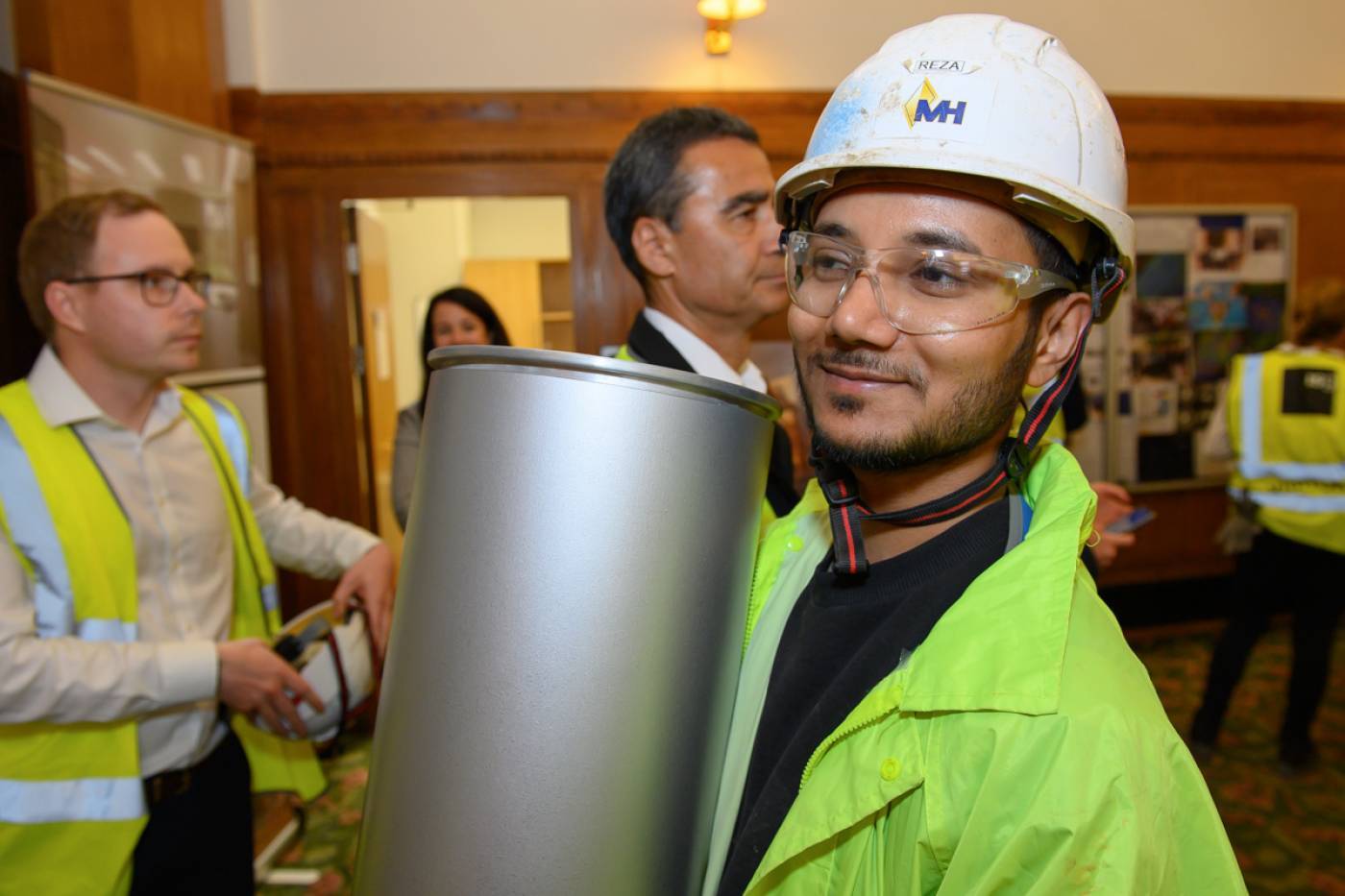
Construction worker Sharib Reza on site at 256 Grays Inn Road for the time capsule burial (credit: Kirstin Holst)
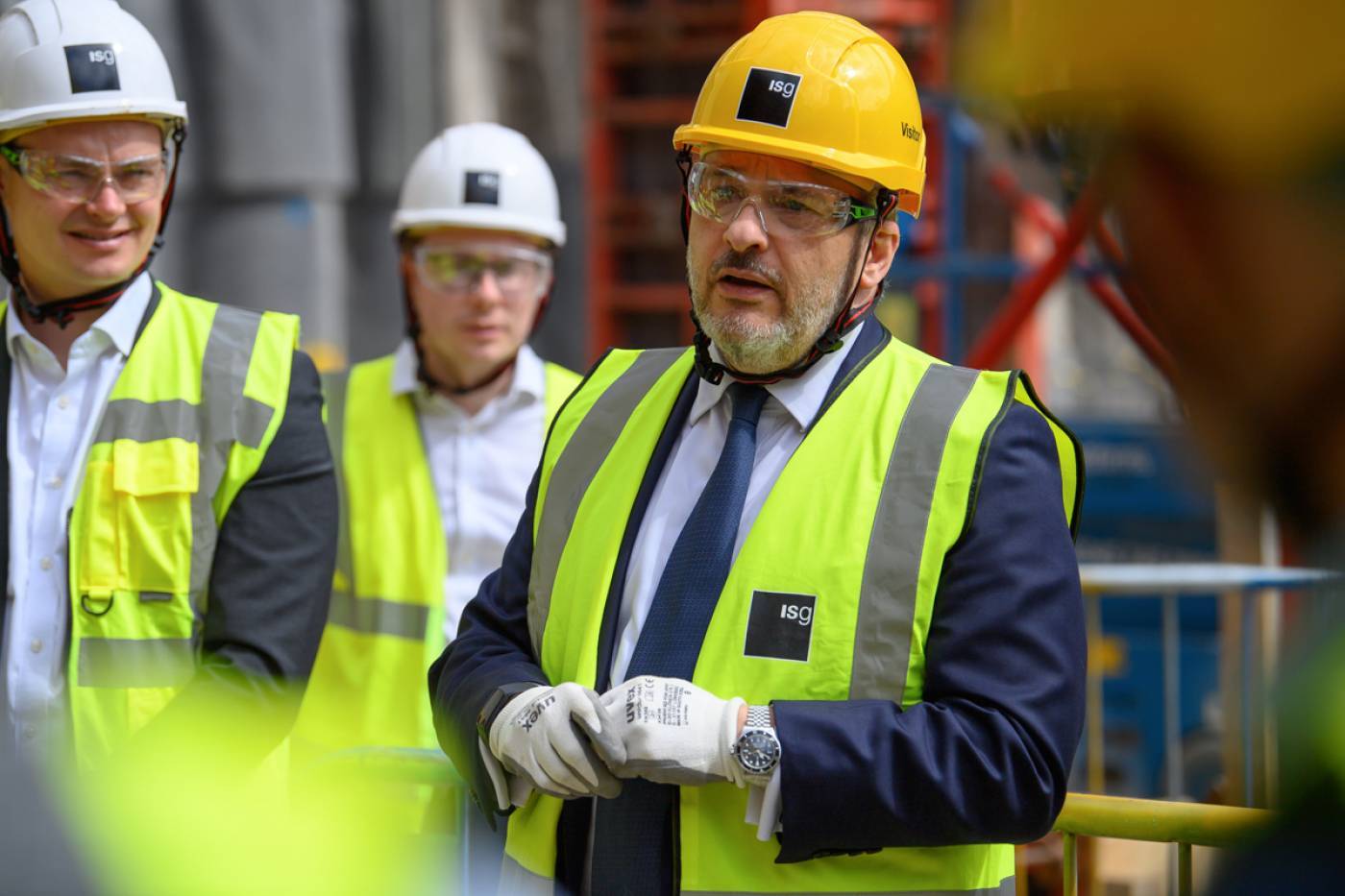
Queen Square Institute of Neurology Director Professor Michael Hanna at 256 Grays Inn Road (credit: Kirstin Holst)
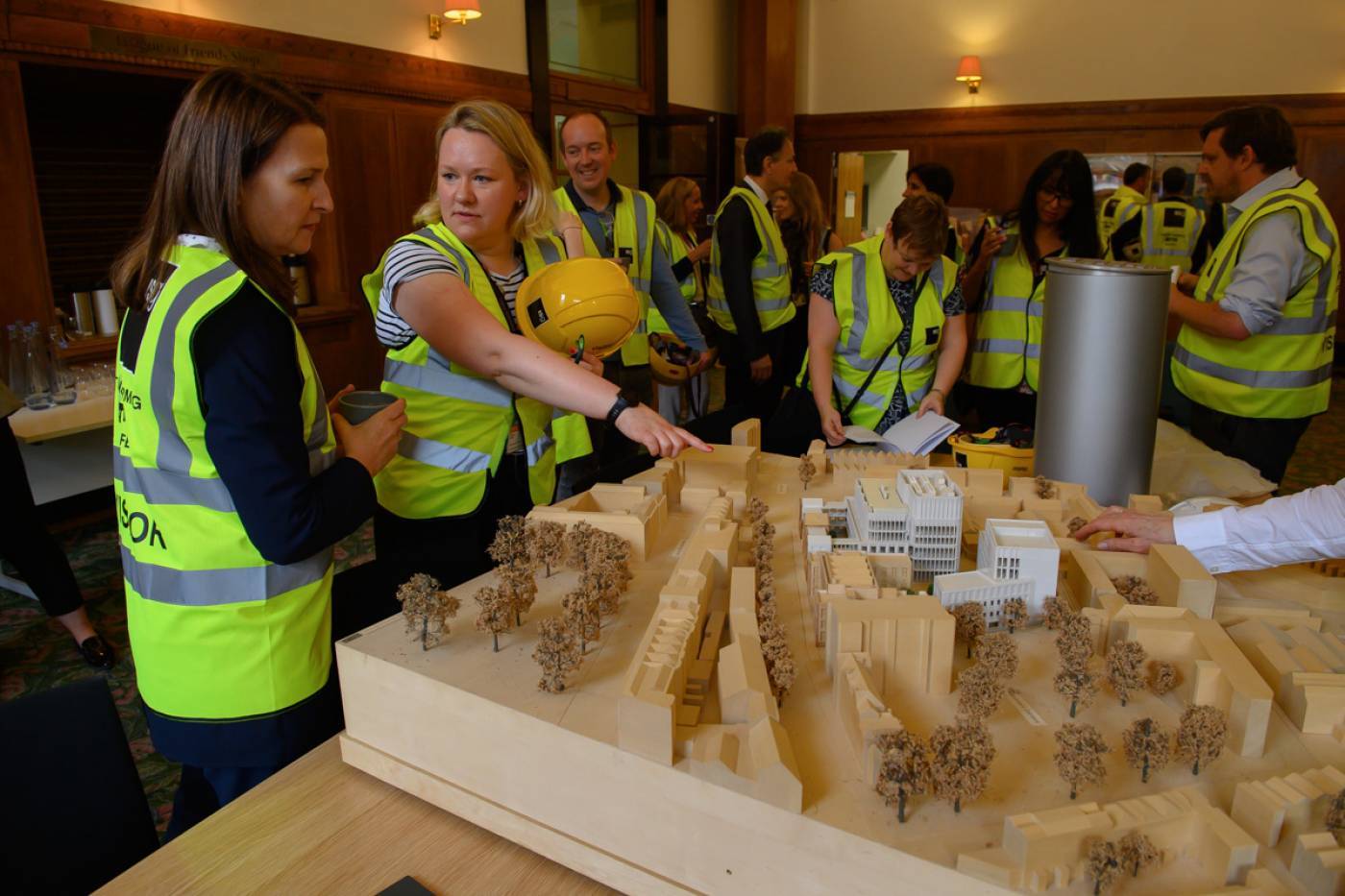
Professor Karen Duff (UK Centre Director at UK DRI) and Professor of Molecular Neuroscience and Alzheimer's Research UK Senior Research Fellow, UCL Queen Square Institute of Neurology Professor Selina Wray (credit: Kirstin Holst)
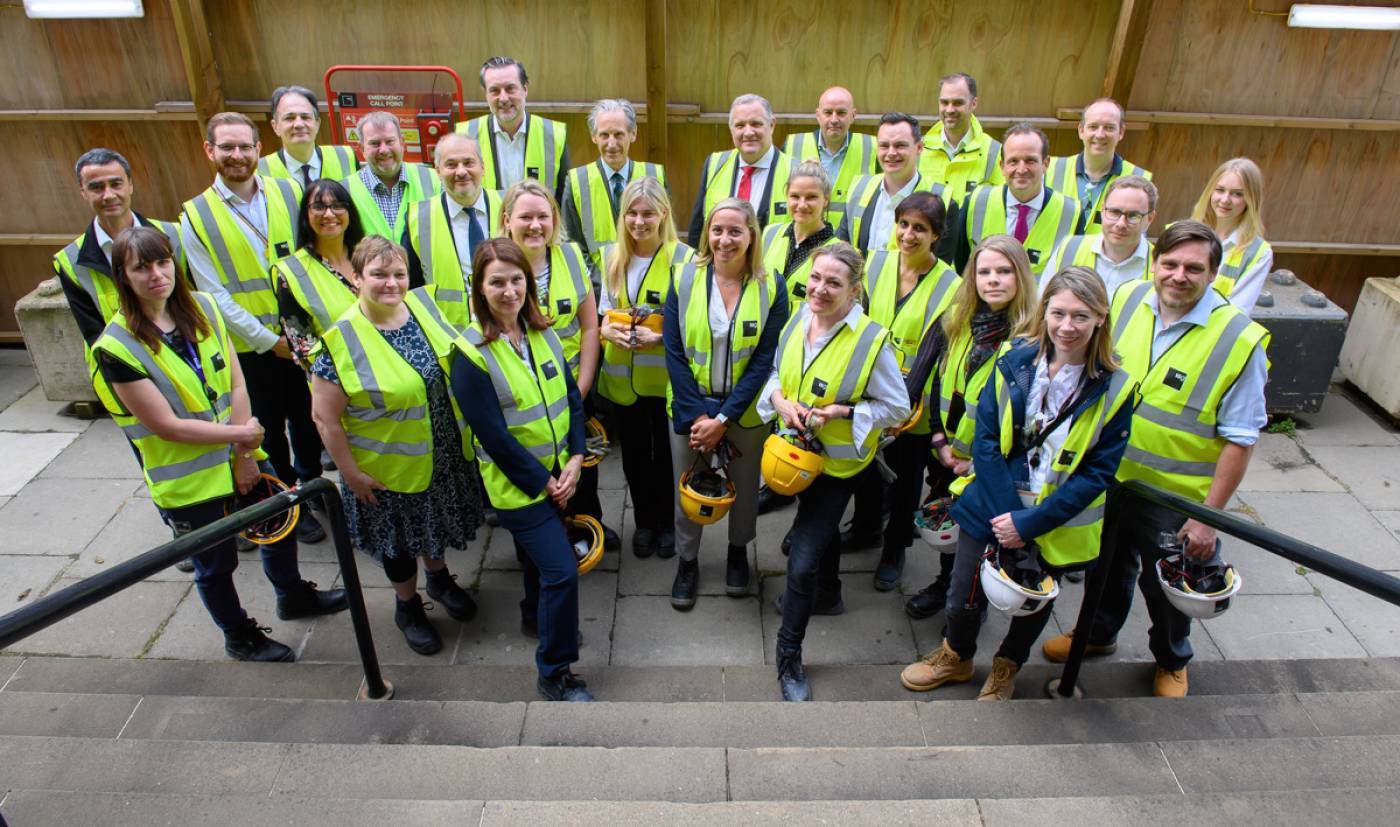
The team burying the time capsule at 256 Grays Inn Road (credit: Kirstin Holst)
Find out more:
UCL selected to be part of Met Office Academic Partnership
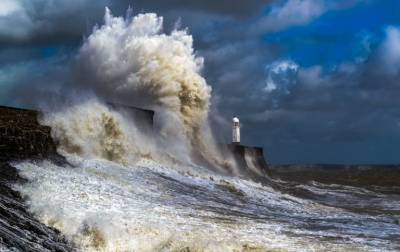
Through the partnership, UCL will build on existing projects with the Met Office by bringing together an interdisciplinary team of researchers from 12 UCL departments and centres, including the recently established Advanced Research Computing Centre, to transform hazard and data science in weather and climate modelling to help tackle global issues.
UCL’s contribution will focus on three main areas:
- improving risk-based decision making by increasing our understanding of the impacts of environmental hazards
- using artificial intelligence (AI) and machine learning to remain at the cutting edge of weather and climate prediction
- developing a federated cloud data platform for use by the Met Office and partner scientists and experts.
The UCL Met Office Joint Chair is Professor Serge Guillas in Statistical Science.
Find out more:
- Faculty of Mathematical & Physical Sciences
- Professor Serge Guillas
- Met Office Academic Partnership
- UCL News article
Launch of the UCL Policy Lab
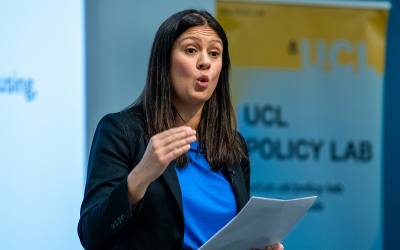
With the support of the UCL Departments of Political Science and Economics, the Lab acts as a space for innovative ideas, methods, and ways of doing public policy. It brings together world-leading researchers from across UCL with campaigners, politicians, philanthropists, businesspeople and more, acknowledging that today’s problems no longer respect the narrow, traditional boundaries of research or policy.
Officially launched at the close of the last academic year, with speeches from the Provost and President, Michael Spence, the out-going Dean, Sasha Roseneil, the in-coming Dean, Jennifer Hudson, and leading external collaborators, the playwright, James Graham, economist, Paul Johnson, and campaigner, Chrisann Jarrett, the Lab is working on some of the biggest policy challenges, both domestic and international. Early funded projects include:
- Tackling inequality in partnership with the Joseph Rowntree Foundation
- Reforming immigration policy in partnership with the Refugee, Asylum and Migration Policy (RAMP) cross-party group
- Improving good governance in the UK by providing in-detail support to public policy officials, supported by Unbound Philanthropy.
Find out more:
Images
- A wave breaks in a storm near a lighthouse in Porthcawl, Wales. Image credit: iStock / Dwryan
- Lisa Nandy, the UK' Shadow Secretary of State for Levelling Up, Housing and Communities, speaking at the UCL Policy Lab. Image credit: Jørn Tomter for UCL Policy Lab
 Close
Close

